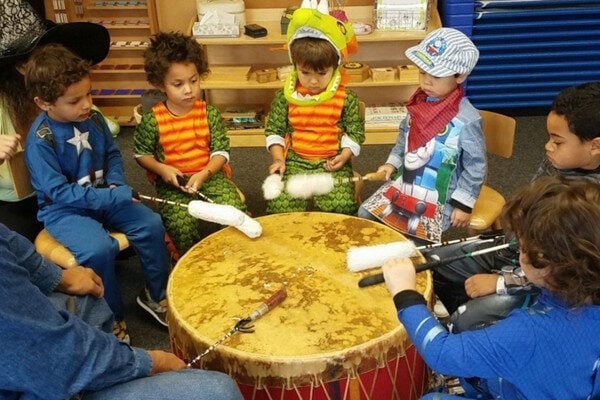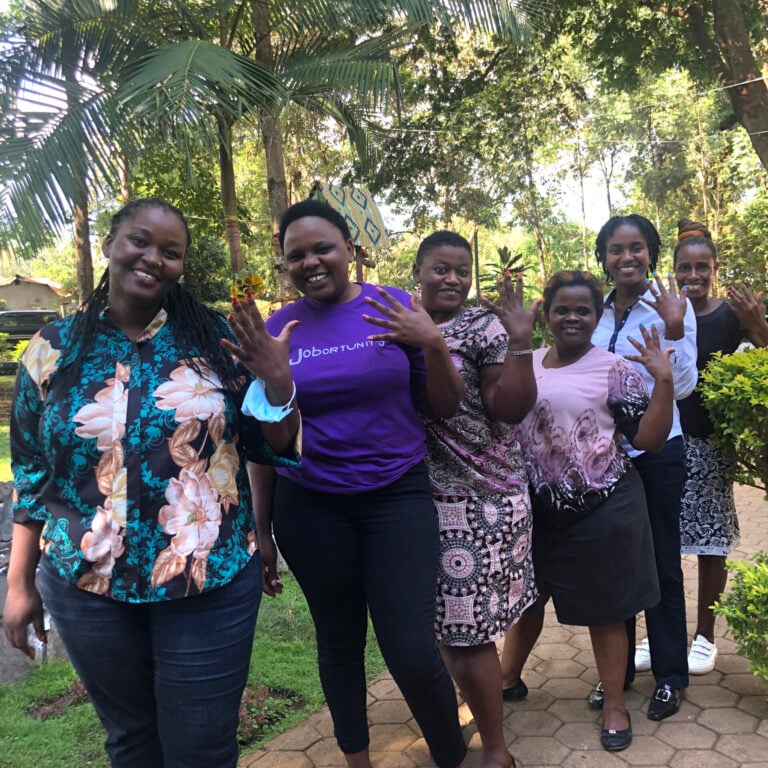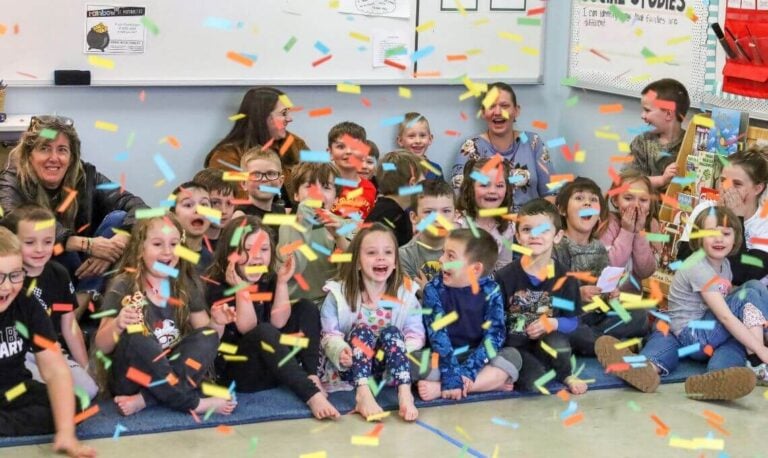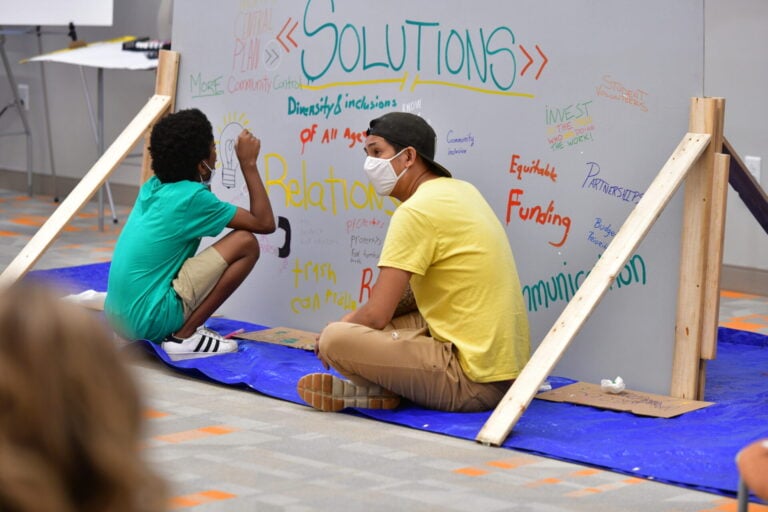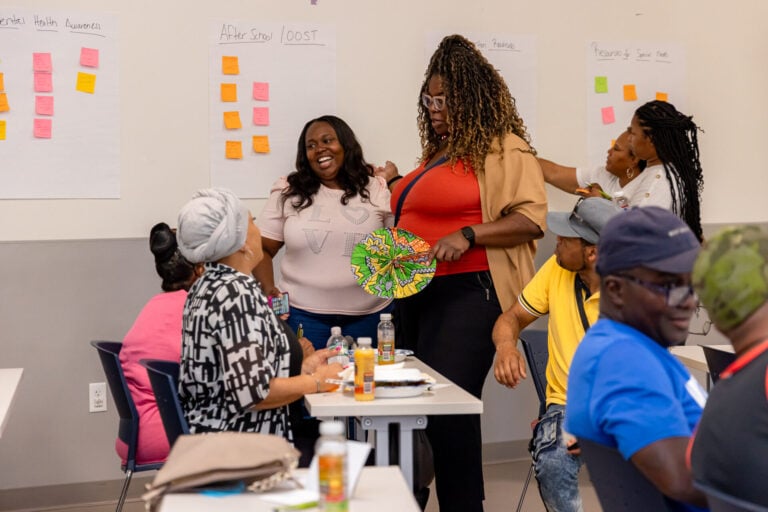For years, communicating with non-English speaking patients had been a challenge for Volunteers in Medicine (VIM), a Pennsylvania nonprofit offering free medical, dental, and behavioral health services to low-income families. More than 40 percent of the roughly 1,500 patients it serves each year speak Spanish or other languages*, yet none of the organization’s six paid staff members or 125 volunteers are fluent in other languages. In the past, VIM would ask patients to bring their own translator. Staff would also use Google Translate.
Then, as described in a story co-written by VIM’s executive director, Kelly Ranieli, and a coach for the feedback program Listen4Good, Kris Helé, participating in Listen4Good and implementing patient surveys validated the need for a change:
The process of administering the telephone survey, with none of these patients represented in the feedback [because of the language barrier], underscored and justified the critical need for a medical translation service. In fact, even more than the survey itself, the very process of creating a Listen4Good feedback loop revealed a fundamental gap in service delivery, and crystallized the need to address it.
VIM took its case to AllOne Foundation & Charities, securing funding to start using LanguageLine, a healthcare-specific translation service accessed as needed over the telephone or through video. John Cosgrove, AllOne’s executive director, appreciated that VIM had “strategically engaged those they strive to serve,” using the input to improve service delivery. His comments were included in in a report from a regional funder collaborative that supported feedback efforts at VIM and other nonprofits.
The NEPA Funders Collaborative, which included AllOne and five other funders in northeastern Pennsylvania, came together in 2019 to create a learning community of funders and nonprofits participating in efforts to collect and use client feedback. Spearheaded by the Moses Taylor Foundation, the collaborative sponsored 10 organizations to participate in Listen4Good. To share the nonprofits’ experiences, the funders published “Listen4Good through the Pandemic: 5 Learnings from Nonprofits Serving Northeastern Pennsylvanians.”
The report features five of the learnings that emerged from the data, stories, and examples shared by staff members at six of the NEPA-funded nonprofits — VIM, along with Children’s Service Center, Maternal and Family Health Services, Outreach – Center for Community Resources, United Way of Lackawanna and Wayne Counties, and Women’s Resource Center.
Five Learnings from ‘Listen4Good through the Pandemic’
1. Involve staff at the onset and consistently communicate results. Close feedback loops.
“The lesson here is to be specific with what was ‘heard’ and provide actionable, implementable points regarding what will change due to the feedback.”
2. Every word matters.
“Although communication between nonprofits and those they serve happens every day, its effectiveness can, at times, be questionable. Through the Listen4Good initiative, grantees were paired with a coach to carefully construct their client-facing surveys, thoughtfully and objectively selecting the exact questions and verbiage.”
3. Identify and engage your community within your community.
“Nonprofits typically have a finger on the pulse of community happenings and develop a network of partners and resources to call on as needed. Listen4Good provided a structured opportunity to generate even more awareness and collaboration between grantees”
4. Leverage data to validate and advocate for your communities’ unique needs.
“While most nonprofits — especially those in human services — have compelling stories to tell when illustrating impact and need, Listen4Good challenges participants to evaluate and advocate for the community’s needs based on data.”
5. Prioritize feedback-gathering for the long term and always be open to change.
“Change does not have to be … complicated, slow or expensive. Small wins might help processes run more smoothly, remove a barrier from a client’s path or become a stepping stone towards a larger organizational goal.”
The report notes all of NEPA’s Listen4Good grantees continued to prioritize feedback even through the early stages of the pandemic when nonprofits were facing additional challenges. The organizations recognized the importance of continuing their survey work, not only to use the feedback to help steer more immediate decisions, but also to be able to compare and interpret results and trends over time.
At VIM, survey responses in the early part of the pandemic helped the organization assess patients’ understanding of the virus, the health protocols around it, and their interest in and ability to engage in virtual medical appointments. And it was even during the busy summer of 2020 that VIM introduced its new partnership with the translation service.
“The Listen4Good project allowed us to explore and define pandemic-related communication challenges with VIM’s patient base,” VIM’s Ranieli says in the NEPA report. “The insights have been invaluable to VIM’s team, leadership, board, and partners.”
*These statistics were provided by Volunteers In Medicine and the U.S. Census Bureau.


